Civil servants should not be classified according to their working agency.
One of the points that delegates especially emphasized was the risk of breaking the principle of unity of the civil service regime if the regulation on classifying civil servants according to working agencies as stipulated in Clause 1, Article 21 of the draft law continues to be maintained.
Delegate Ha Sy Dong speaks at the National Assembly on the afternoon of May 14 - Photo: NL
According to the delegate, cadres and civil servants, regardless of the system they work in, whether it is a Party agency, a State agency or a mass organization, all perform public duties and are subject to the regulations of the Party and the laws of the State. Therefore, this classification is unnecessary, lacks practical basis, and can lead to unnecessary discrimination among civil servants, which is contrary to the spirit of administrative reform and the principles of the public service regime.
Regarding the classification of civil servants by rank, delegate Ha Sy Dong said that it is necessary to differentiate according to professional qualifications, but noted that the regulations on ranks (from senior to staff, employee) need to be designed flexibly, the staff rank and the employee rank should not be classified at the same level of expertise and it is necessary to consider the possibility of adding new ranks such as "expert", "senior expert" for policy advisory positions. At the same time, it is recommended to review the authority to regulate civil servant ranks, or to legalize the entire regulation, or to assign the Government to regulate in detail, to avoid overlap and create loopholes in implementation.
Recruitment needs to increase transparency
Commenting on the form of civil servant recruitment, delegates said that the form of "reception" is essentially just another name for selection. Therefore, it should be streamlined into two main forms: examination and selection. Clear and transparent regulations will contribute to ensuring publicity and objectivity, while paving the way for attracting real talent, the right person for the right job.
Another important content highlighted by the delegate is civil servant evaluation, a key tool to improve the quality of the team. The delegate pointed out that if we continue to use qualitative and general criteria as in the current draft, we will not be able to clearly classify good and poor performers, leading to a state of "egalitarianism" in evaluation, prolonging stagnation in the civil service system.
Also from the perspective of public service efficiency, the delegate emphasized that the handling of civil servants who do not complete their tasks must be decisive, either completing them or firing them. Transferring them to a lower position is essentially only a temporary solution and does not help to filter the team in a substantial way.
Referring to the issue of training and fostering civil servants, delegate Ha Sy Dong said that the draft law needs to clearly stipulate the training content, especially public service skills, instead of just stopping at principles and assigning the Government to regulate later. It is necessary to affirm the role of the Ministry of Home Affairs in implementing this content, in order to ensure that civil servants are competent to perform their duties in the context of increasingly high requirements for the quality of service to the People.
Regarding the future salary mechanism, delegates also proposed to remove the regulation on calculating training time in salary increase consideration (Clause 2, Article 33), because when switching to a salary payment mechanism based on job position, this regulation will become outdated and inappropriate.
Nguyen Ly - Cam Nhung
Source: https://baoquangtri.vn/dbqh-ha-sy-dong-hoan-thien-luat-can-bo-cong-chuc-sua-doi-phai-dat-hieu-qua-cong-vu-len-hang-dau-193641.htm


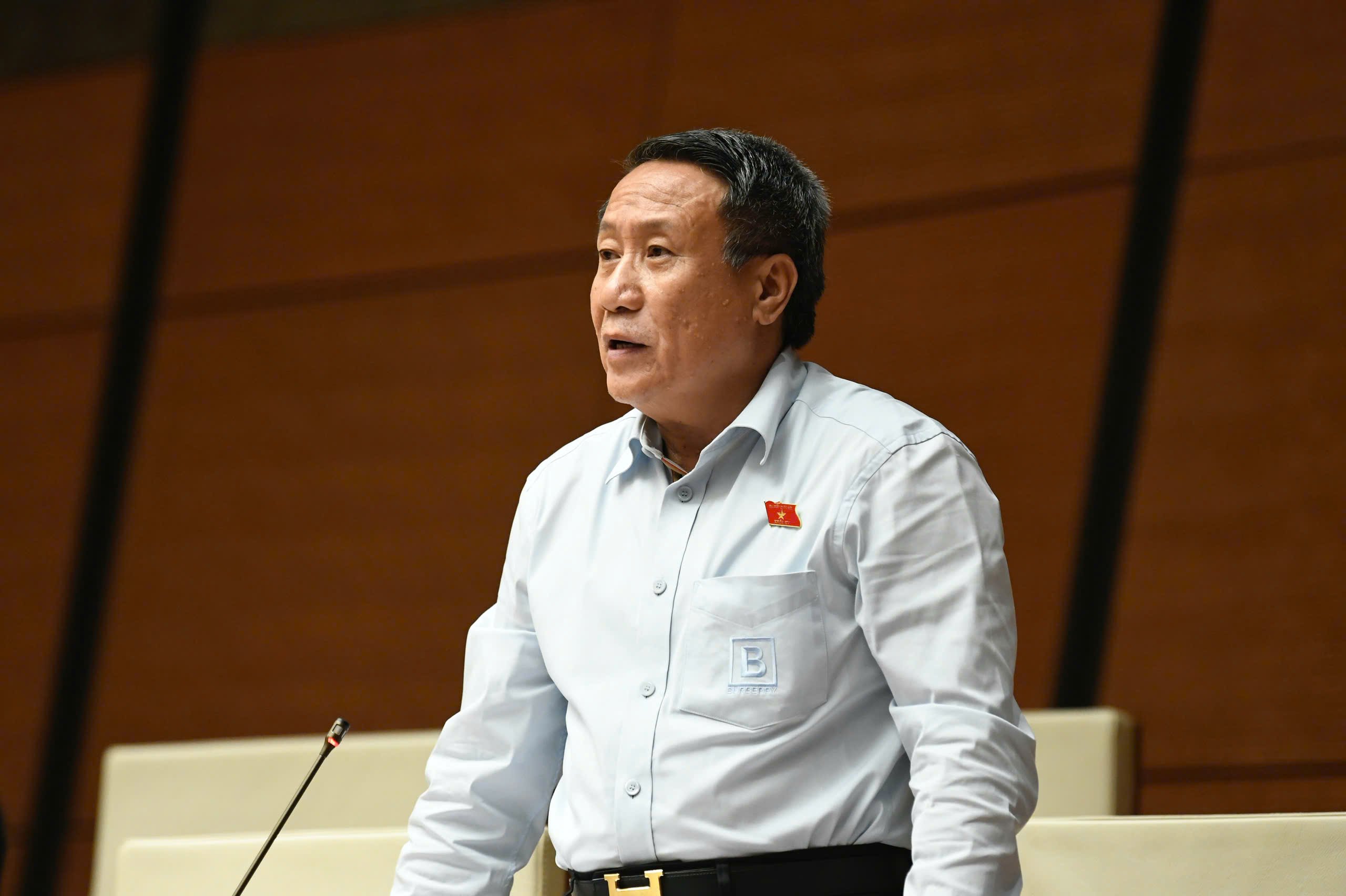
![[Photo] General Secretary To Lam visits exhibition of achievements in private economic development](https://vphoto.vietnam.vn/thumb/1200x675/vietnam/resource/IMAGE/2025/5/18/1809dc545f214a86911fe2d2d0fde2e8)
![[Photo] More than 17,000 candidates participate in the 2025 SPT Competency Assessment Test of Hanoi National University of Education](https://vphoto.vietnam.vn/thumb/1200x675/vietnam/resource/IMAGE/2025/5/17/e538d9a1636c407cbb211b314e6303fd)



![[Photo] National conference to disseminate and implement Resolution No. 66-NQ/TW and Resolution No. 68-NQ/TW of the Politburo](https://vphoto.vietnam.vn/thumb/1200x675/vietnam/resource/IMAGE/2025/5/18/adf666b9303a4213998b395b05234b6a)






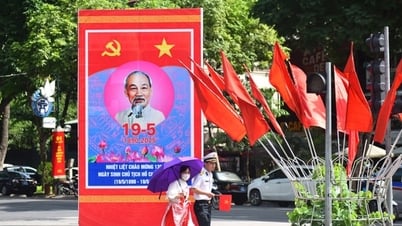



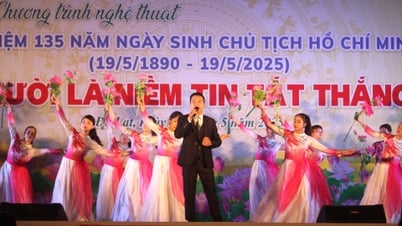






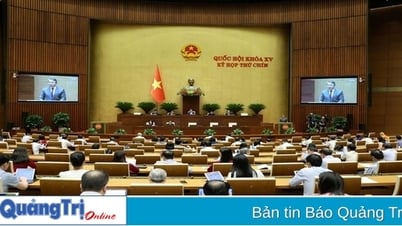
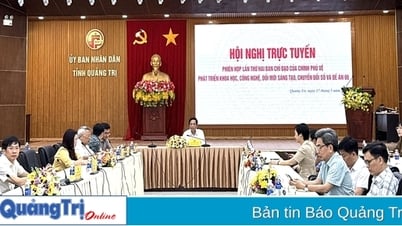



![[Photo] Prime Minister Pham Minh Chinh chairs meeting on science and technology development](https://vphoto.vietnam.vn/thumb/1200x675/vietnam/resource/IMAGE/2025/5/17/ae80dd74c384439789b12013c738a045)
















































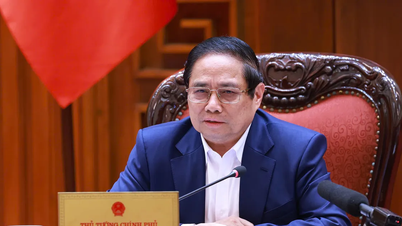





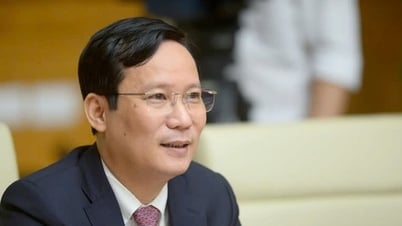









Comment (0)